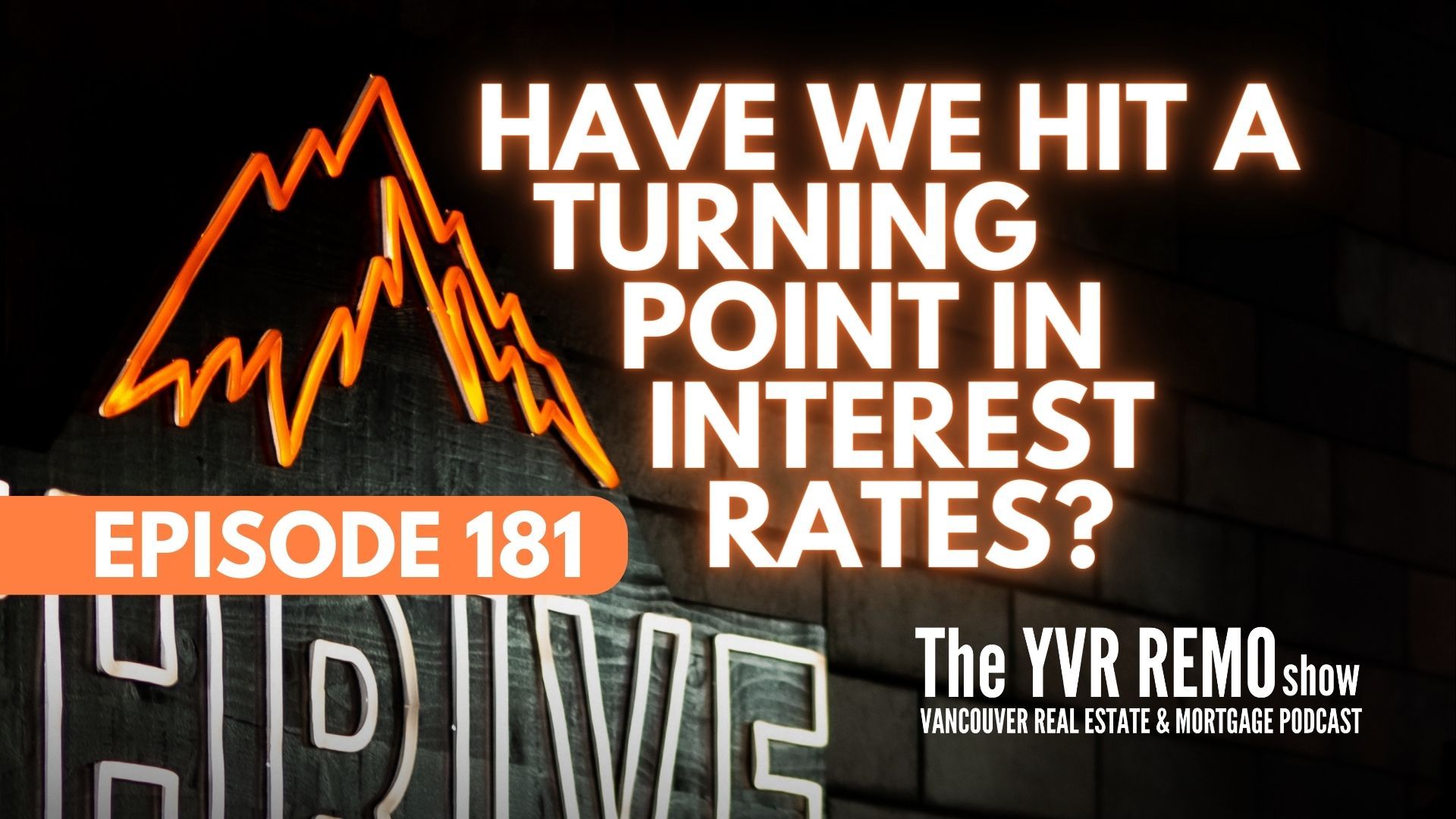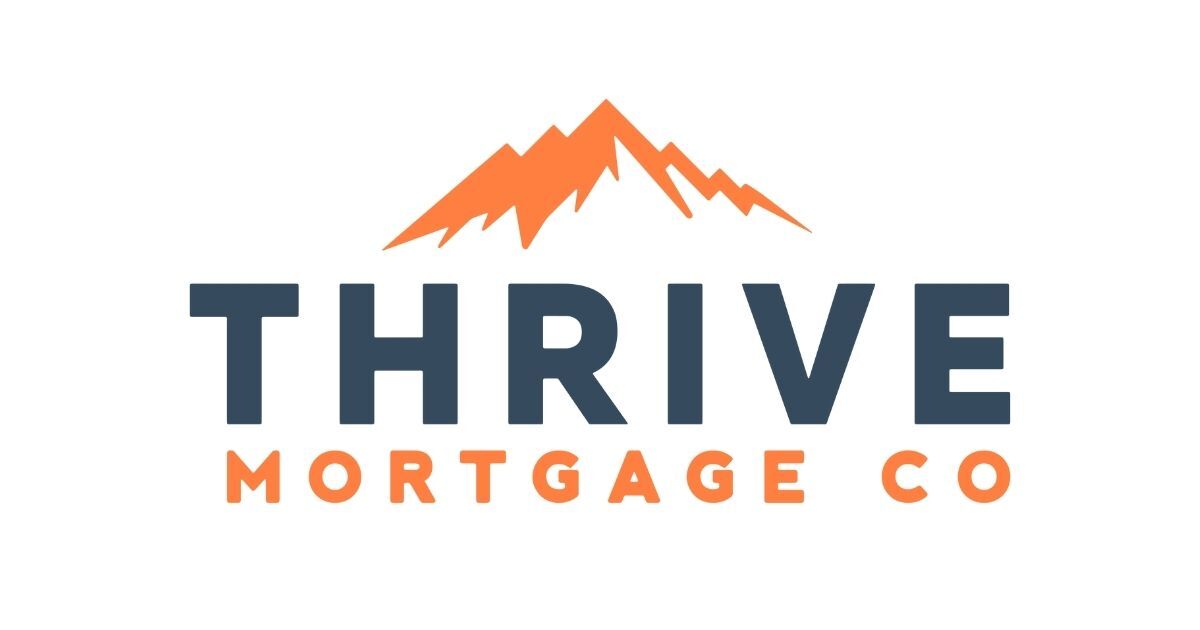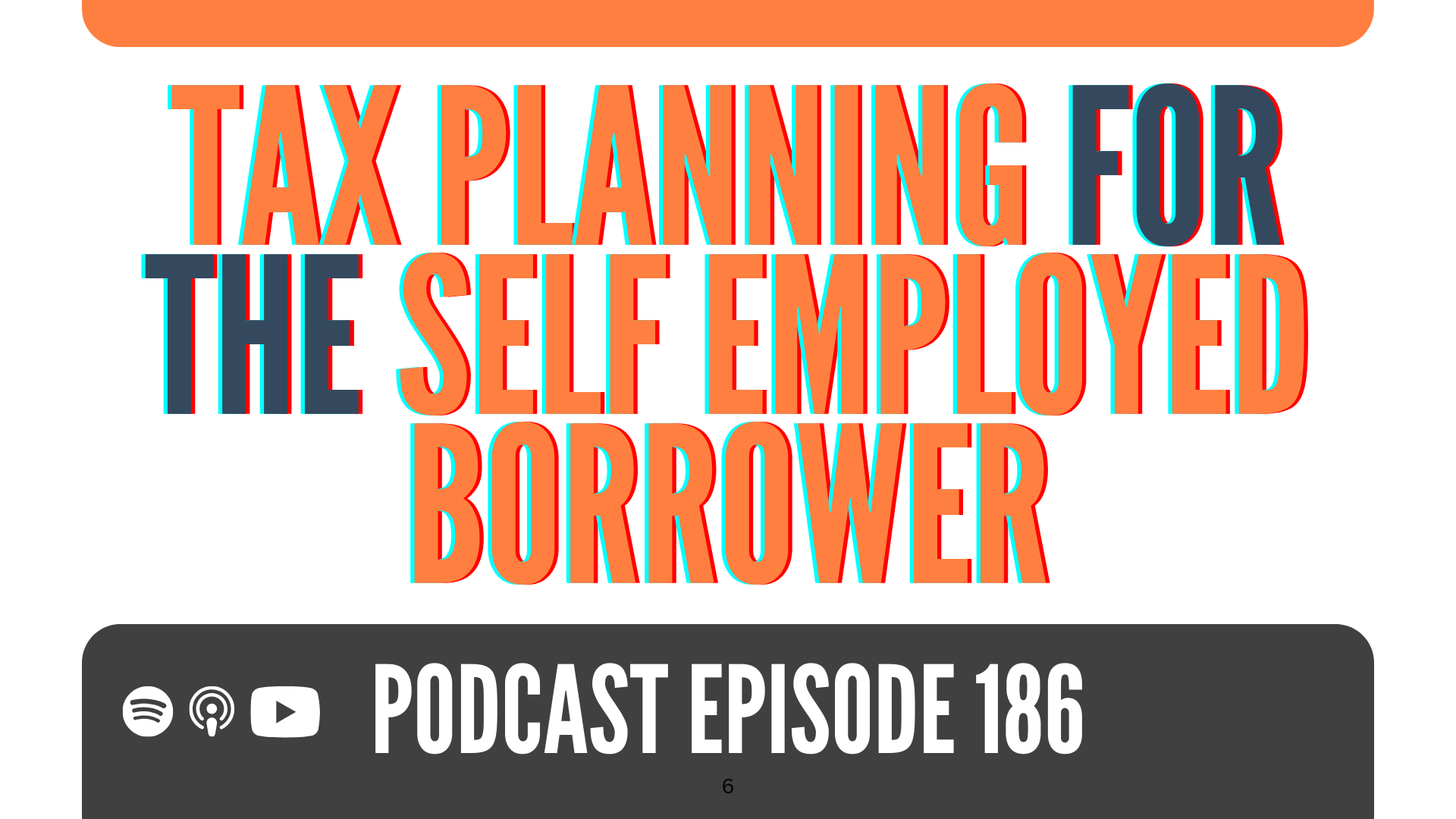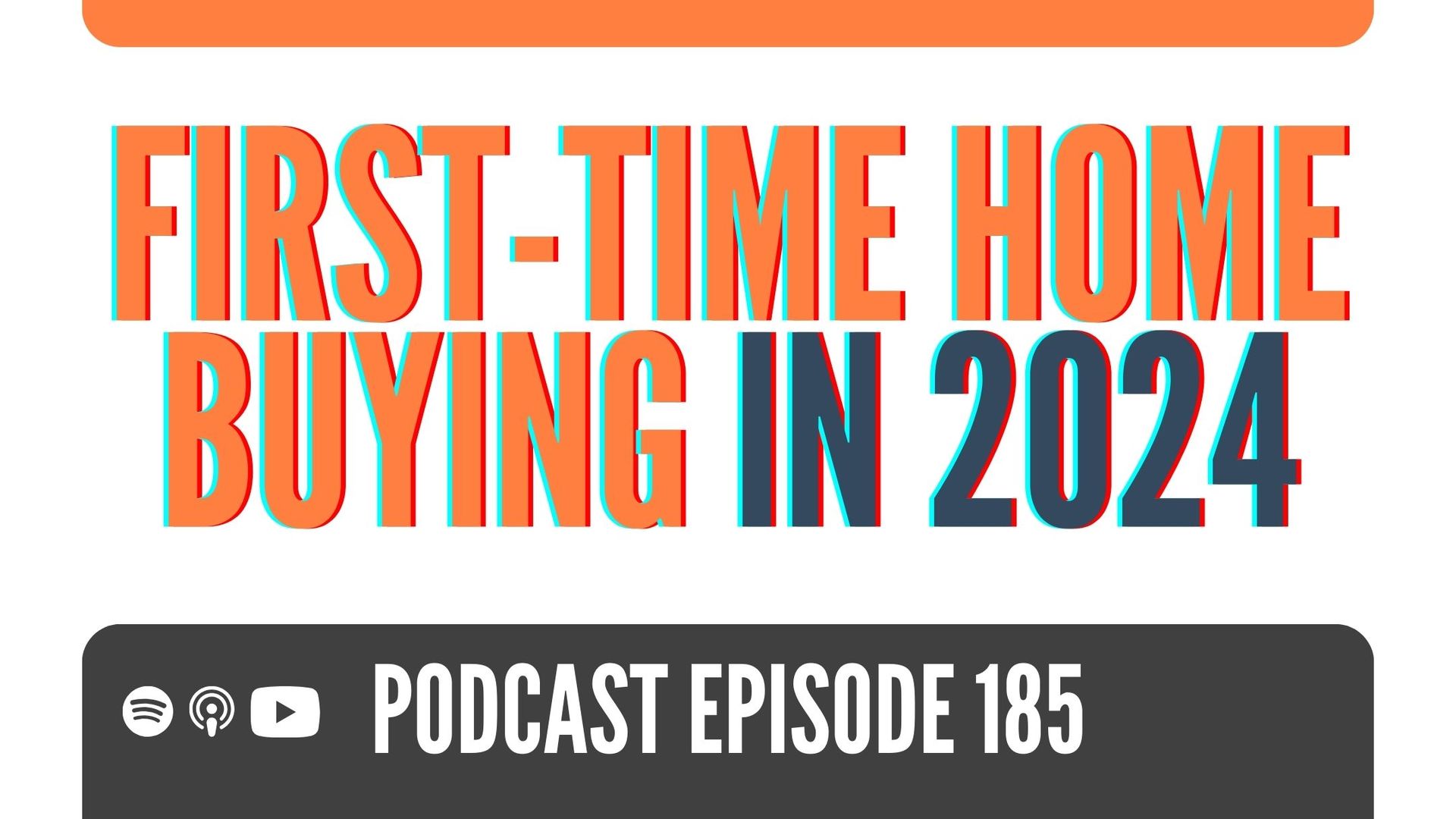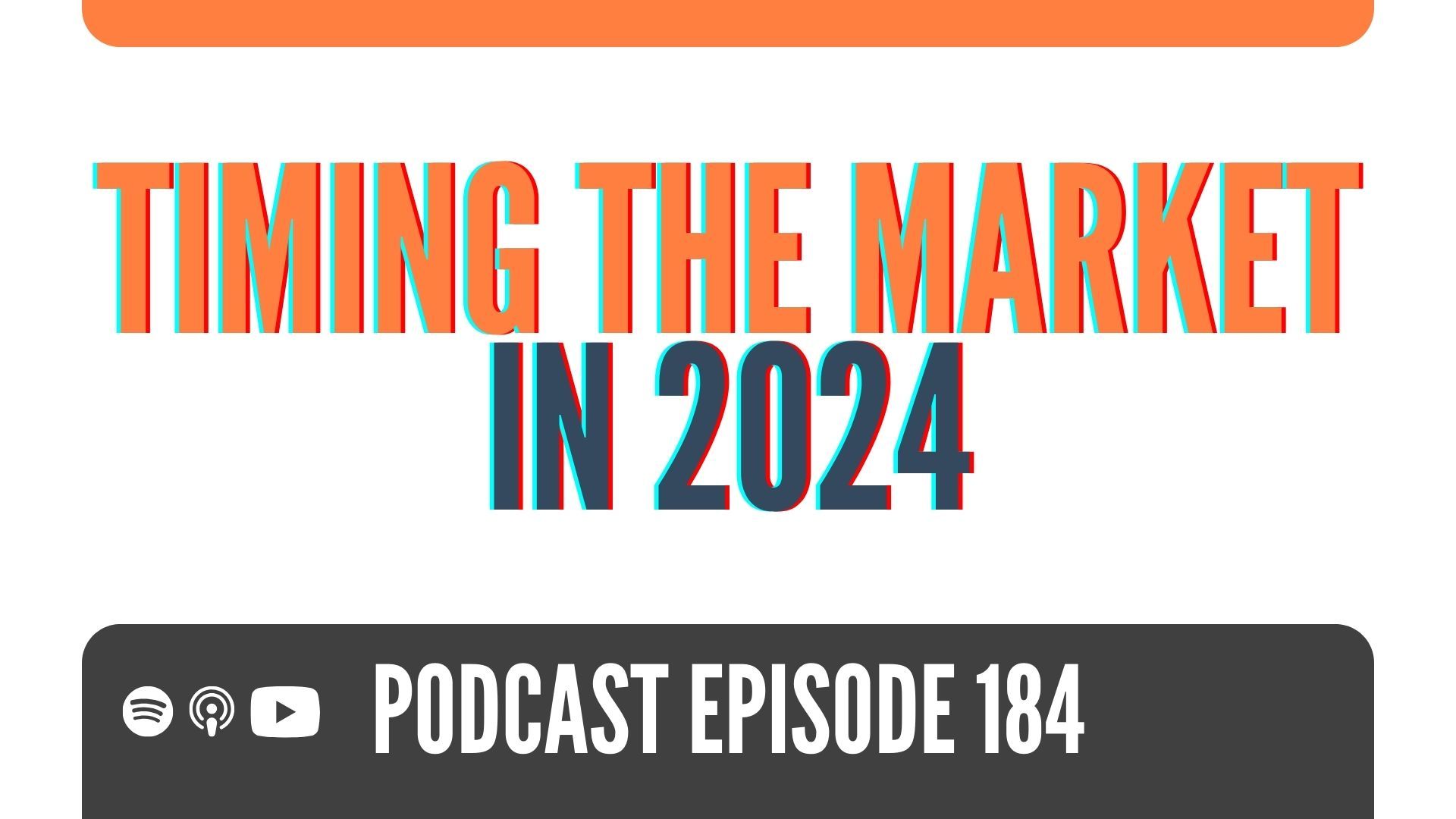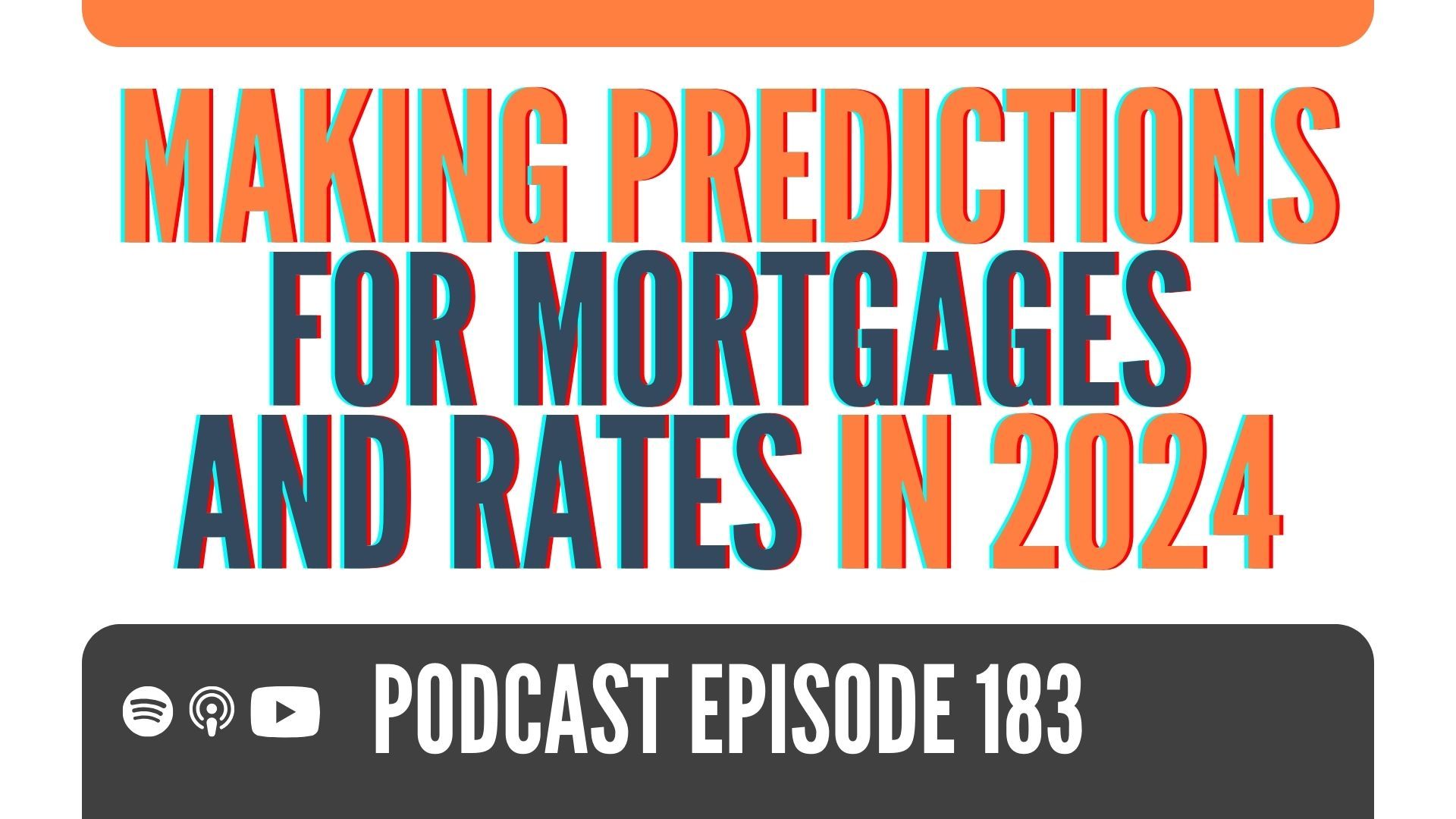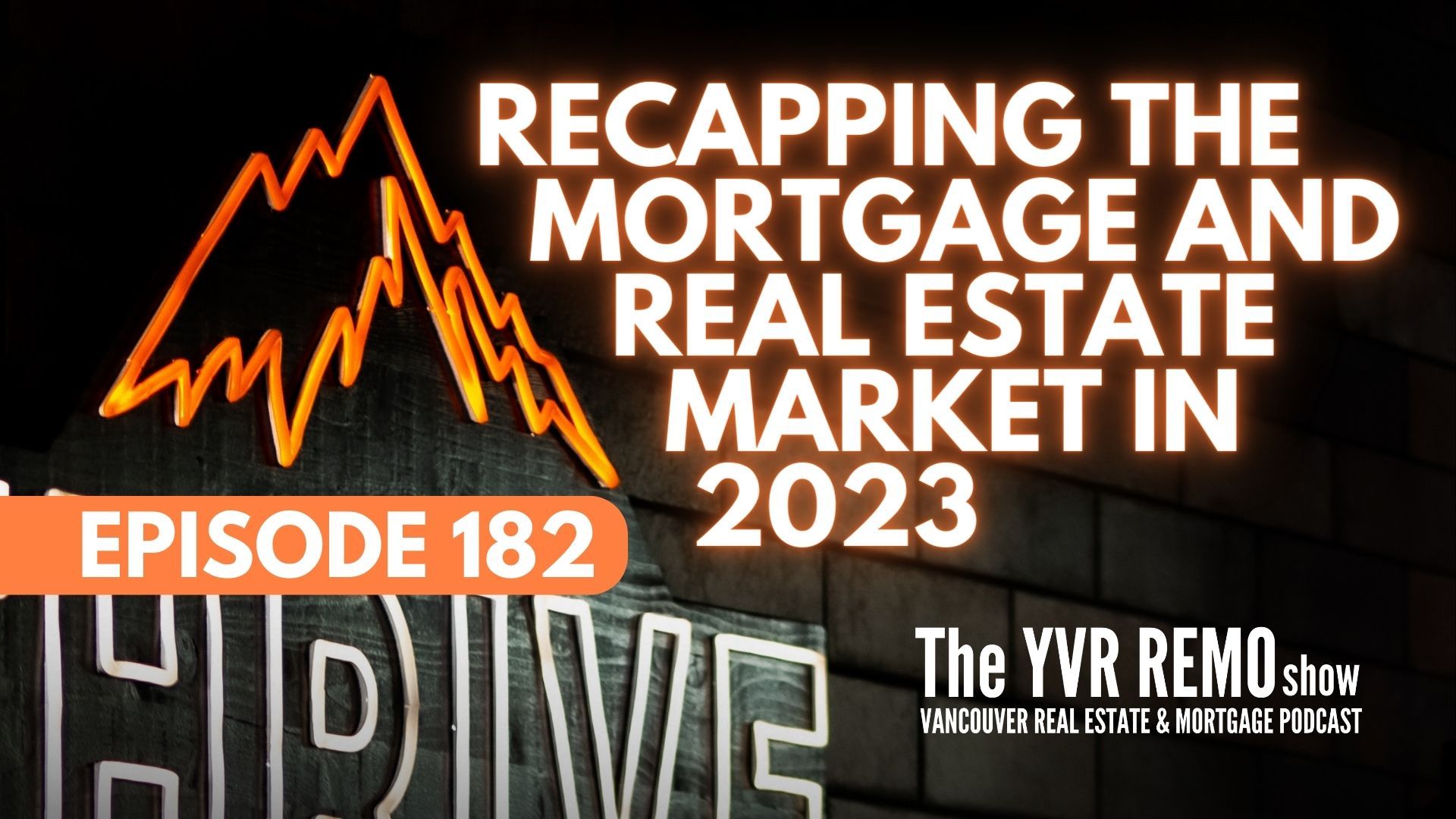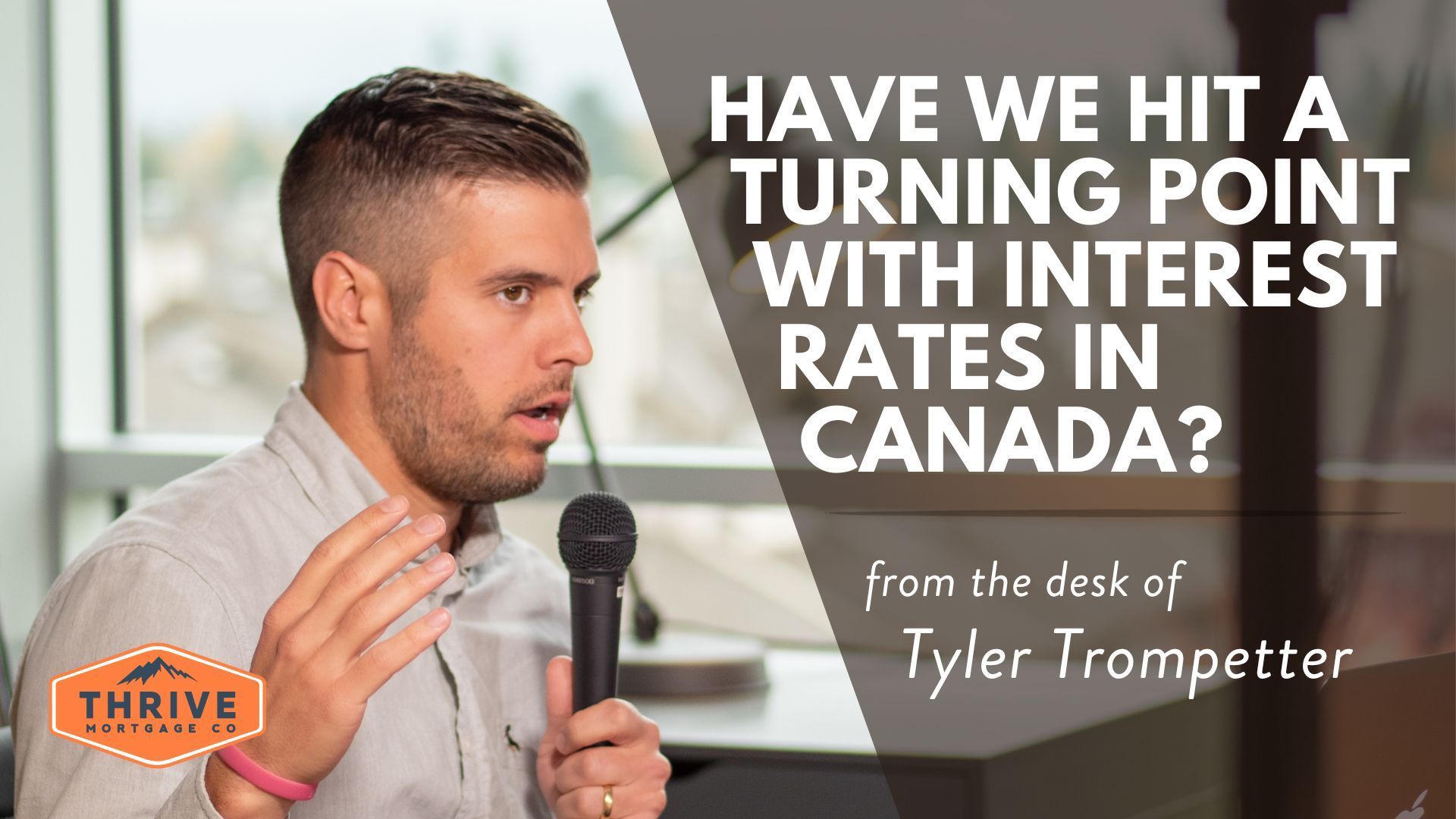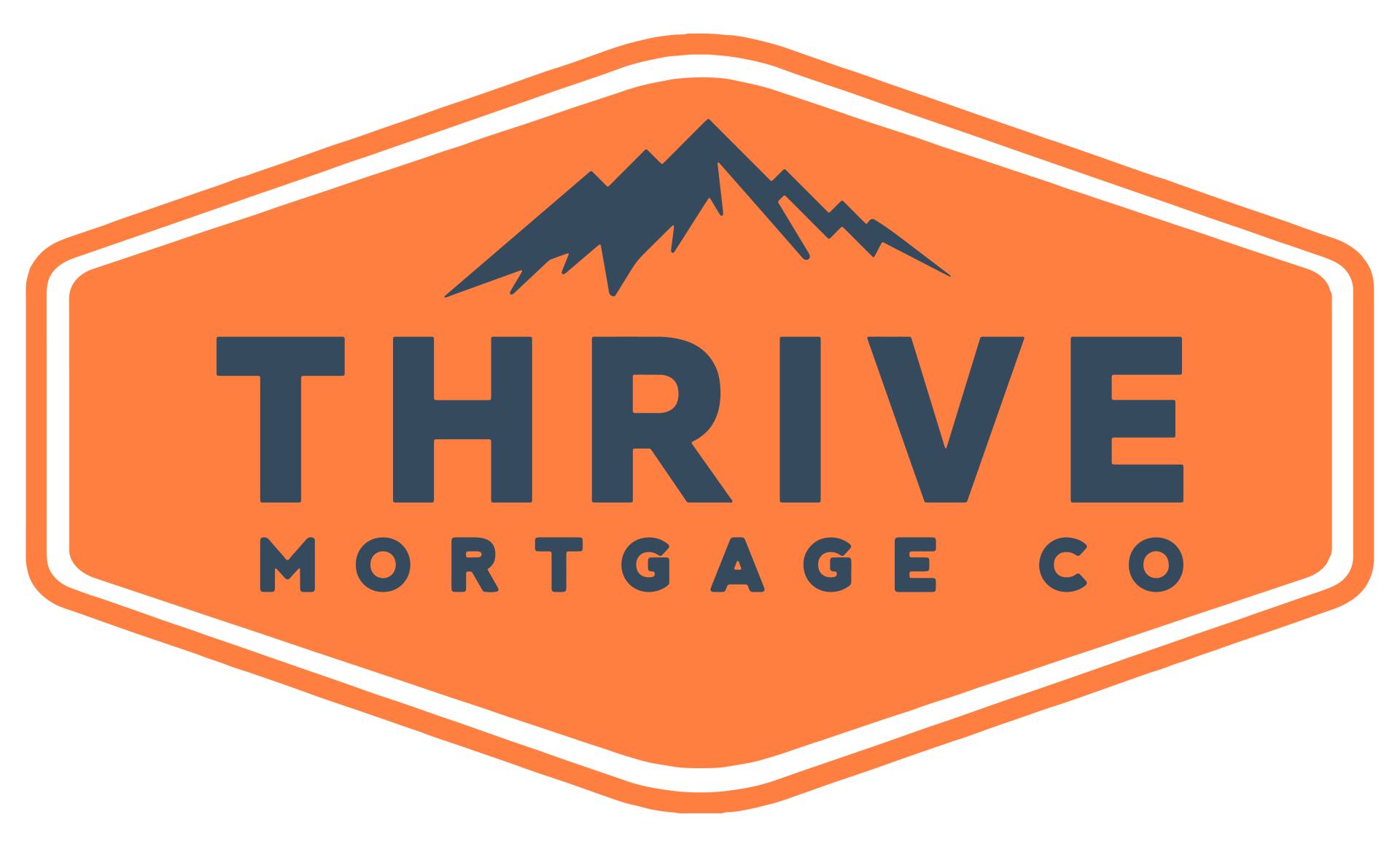Pre-Approvals...Why You Need One
Pre-approvals are talked about every single day by n the real estate industry. Most people don't understand what it is how it works, what's the reason for it, and what happens behind the scenes. If you're a homebuyer, you can have more success if you understand what a pre-approval is, but more importantly, what it isn't.
Why Is A Pre-Approval Important?
A pre-approval is one of the most important parts of the finance process. If you don't have a proper pre-approval in place, your realtor likely isn't going to show you homes because they don't know if you qualify. The worst thing that can happen in the home buying process is you find the place that you love and get an accepted offer, just to find out that your financing doesn't work out.
True pre-approvals help buyers know their maximum numbers, worst-case scenarios, backup plans and give an idea of timelines. And it's just it's so important in the different markets.

WHAT IS A PRE-APPROVAL?
A true pre-approval is determined by a thorough review of your financial situation covering your income in-depth. We look at the last couple of years of income, current pay stubs, letters of employment, tax returns, & credit.
We're looking to see if your credit is up to par for the type of lender that we're hoping to work with. Going more in-depth, we look at debts, loans, payments, credit card balances, and compare income to debts. This is all done to figure out what you can qualify for. Down payment and work experience will also be factored in.
There's a lot of different ways that a pre-approval can go right. When dealing with insured mortgages with less than 20% and conventional mortgages, some exceptions can be made.
This is a thorough review, it's not a guarantee. There's no such thing as a 100% ironclad guarantee of financing. The number one consideration for a lender is the property and not the applicant. An applicant is extremely important to find out what the income qualification would look like. If you're buying a home, the bank is not looking at just you, but they're looking at the ability to resell that home if you don't make your payments. That's one of the biggest factors of getting a mortgage qualification.

If it's strata property, lenders are going to look through a lot of strata documentation. We suggest a subject of finance. We've been in markets over the last year and a half where subject to finance potentially won't get you into that property. We have to make sure that everyone understands their risks. You'll never get a guarantee from any bank or credit union in Canada, so going subject-free is knowing what the risks are. You need to know what your worst-case scenario is. If something was to go wrong, what is the plan that we're going to put in place if something did come up?
WHAT A PRE-APPROVAL ISN'T
One of the biggest mistakes for most people is they get pre-qualified and they don't get their file reviewed. A pre-qualification is something that's done quickly. It's a 15-minute phone call where we can punch in some numbers with a calculator. We have an online app to make getting started easy!
Use our mortgage calculator to find out how much you can afford in 30 seconds!
As long as the data is good, it spits out a general number, but it's just a calculation. A lot of people confuse the online bank apps and our online app as a true pre-approval. It's not and it's not worth shopping with.
The bank may have a quick conversation where they look at a pay stub, don't pull credit, haven't reviewed all the documentation, and they say here's what you qualify for. Sometimes they give a pre-qualification letter, but it's bolded on there that this is not a pre-approval. The downside to that is that they haven't pulled credit and maybe you forgot to tell them about a loan or how much the payment was. You may be part-time at work but forget to mention it. Banks don't want to put a ton of time into a full true pre-approval because it's not immediate dollars for them.
Real-Life Scenario
"I talked to a client yesterday who is working with a bank.
The bank said, "Here's your qualification, come back when you have an accepted offer and we'll do our best to get it done."
That client now has to go with their realtor on evenings and weekends looking for properties battling this market, not knowing if it's going to work out. The unfortunate part is that client is going to take the bank's word.
Would you not trust the banker that does mortgages for a living?"
Deryk Williamson
Partner, Thrive Mortgage Co.
A pre-approval is not an approval from an institution. An institution is not going to take the time to review every single document, credit, downpayment, documents, and issue a commitment letter. They will only do that once you have an accepted offer on a property. It's important to get that proper pre-approval in place because the banks won't put the time into it until you found the property.
Banks see thousands of people submitting applications for approval. Most of those people are never going to buy a home or will choose not to refinance. From a banking perspective, to hire enough people to do the underwriting on every single pre-approval, it's a lot of time and a lot of money. It can take a while to underwrite every single file, making it a massive commitment. Their objective is to make money, but they can
make money on other things like credit cards, mutual funds, and RRSPs.
Another huge aspect of this is the relationship side of things. Let's say one of the big banks mess up on 50% of their qualifications. People will still pile into that bank because they're a bank. They have a relationship and they have millions of clients. They could mess up hundreds of applications every single year and their doors don't stop. To keep our business, as mortgage brokers, we have to make sure we do the best job possible for all of our clients and our partners.

Why Do Banks Like Working With Mortgage Brokers?
We do the proper pre-approval, we help clients get the accepted offer, and we submit a full package. The bank has to do minimal work on that application to find a mortgage. It's an extremely efficient line of business for these institutions that choose to work with brokers.
WHY DO YOU NEED A PRE-APPROVAL?
Confidence
Are you confident in making an offer on a property if that seller wants $10,000 more than you offered? If you had your file reviewed and you know your maximum qualification, you can feel confident knowing that you have a very good idea of where you are.
Speed & Organization
You may be able to get an accepted offer but the seller can only give you three days for your financing subject, that's not a lot of time. If you've done a proper pre-approval and you've submitted all of your documentation, we are typically submitting that offer to the lender within a few hours. If it's a full package, we can often get a pre-approval within one to two days. If you don't have a full pre-approval in place, and you send us an accepted offer, we're starting from scratch trying to build an application. It's very unlikely you're going to be able to remove your subjects and buy that property. Scrambling to get documentation is stressful for every person involved.
When you get fully pre-approved, you're in a position where you're going to get an offer accepted more likely than someone else who doesn't. Homeowners don't want to have multiple people bidding on their home and then have one person fall out and then have to take a backup plan. In many cases, the highest price wins, but there are many circumstances where there is the same offer and our clients come out on top because they have been pre-approved. It's all about understanding your financial situation.
UNDERSTANDING YOUR FINANCIAL SITUATION
There's a lot of times when we run an application and there's something unique in that application where we can't issue a pre-approval. Now that you've started that process and we've done a thorough review, we can give you feedback and suggestions on what you need to do to fix your credit. You may need to wait until you get a few months of 40 hour work weeks. There's a lot of times where we have to tell clients that it doesn't work but explain what needs to be done.
REASONS WHY PEOPLE DON'T GET A PRE-APPROVAL
Credit Check
Do you need to do a credit check? Different lenders have different guidelines around credit. The benefit of working with a mortgage broker is that we don't work with just one bank. We only pull your credit once then shop it around.
Will A Credit Check Hurt My Credit Score?
No, it's not going to negatively affect your credit. Some examples of things that will hurt your credit are applying for multiple credit cards, not paying off a credit card balance, or leasing a new vehicle.
If you have good credit, it's not going to impact your credit. If it does, it's not going to impact your score enough to hinder your credit. If you've had your credit checked 15 times in the last two months, it will hinder that.
THE APPLICATION PROCESS
We start with a discovery phone call which is 15-25 minutes. It's a very short process to complete. The last step, in which there's a bit of work involved, is documentation. We get this question all the time, do you need my T-4? The answer is yes, not because we want to collect them, but we know that the bank is going to ask for them. Documents required include paystubs from two years of employment and T-4s. There are other considerations that we do look at including proof of down payment history. We give you a list based on your circumstance.
PRE-APPROVAL TIMELINES AND RATE HOLDS
With a rate hold, you are putting a flag in the ground and holding an interest rate for some time. A rate hold is typically 120 days with some lenders doing 90-130 days. A rate hold isn't a pre-approval and it doesn't mean it's been underwritten or that we've reviewed your file. The only thing we have to do to get a rate hold in place is a credit check, a consent form, and an application from you. Some lenders do require more information to provide a rate hold, but some don't.
A pre-approval is essentially your qualification and it's what you qualify for based on income, credit, and downpayment. Your qualification won't change unless there are adjustments to the national mortgage regulation or a stress test change. If there are no regulation changes, we could have a conversation in 12 months and you could still have the same qualification. What expires is credit checks and documentation. A lot of lenders want to see income documents, meaning pay stubs and a job letter within 30 days. You have to give us a new pay stub and a new job letter showing that your income is the same or has improved. Credit checks follow the same guideline and we would have to pull a new credit bureau. If your situation stays the same, documentation has to be updated.
Can I Have A Rate Hold On A Promotional Rate?
You'll see promotional rates that are offered by lenders that are better than the going rates. Typically those promotional rates can't be held because it's a short-term promotional offer.
Understanding Rate Holds
Lenders don't offer you the best terms for a rate hold. When they pre-approve you for a $500,000 loan at a certain interest rate, they're holding that money with a guarantee, assuming you qualify. Upon finding a home, if interest rates on their end were to rise, you still get that rate but they would technically lose out on that additional profit. There's no incentive for them to hold it for much longer than that. That's why in most situations we could see the spread as far as 0.25%-0.5% when compared to a pre-approval rate. The other important factor is that if you get a rate hold for 120 days, you have to close within 120 days. That means if you go shopping 60 days from now, you have to close within that 60 days. If you don't, you're going to pay for whatever the rate at that time is even if it's gone up.
Rate Holds and Closing Dates
Closing means you're taking ownership for that property. A lot of people think that you just need to find your home, write an offer, and get an accepted offer when that is not the case. If we pre-approve somebody today, they might find a house in two to six weeks. From there completion is usually one to four months after. You do have to keep that in mind with rate holds.
Don't Feed Into The Urge To Panic Over Rates When You Have A Rate Hold
Finding the right home for yourself and your family or your investment is way more important than trying to save $50 bucks a month on an interest rate. Take that out of the equation. Rates are competitive, and they'll be competitive when you're purchasing so just focus more on the property.
HOW SOON SHOULD YOU GET PRE-APPROVED BEFORE SHOPPING FOR A HOME?
If you're thinking about purchasing a home or investment property and you're not sure about timelines, you should always reach out and have a conversation with us. A 15-minute phone call can go a long way. The timeline is subjective depending on your situation. Get prepared early.
We could have that conversation in six months when you think you're ready to write an offer and we may find out that you had to pay off a credit card as well. The sooner that we can dig into your situation, the sooner that we can give you some advice and feedback.
For anyone shopping in a hot market right now I want to definitely remind you go back to our episode on subject-free offers
If you want to find out about getting pre-approved with us then send contact us below!
Have more questions? Get a hold of us!
We're on Instagram!
instagram.com/thrivemortgageco
Check us out on Facebook!
How to Reach US! 📲
Call 604.398.5575 or Email us!
More Questions or READY to get started!?
Just Ask US > Click Here to set up a call or EMAIL us
QUICK LINKS
